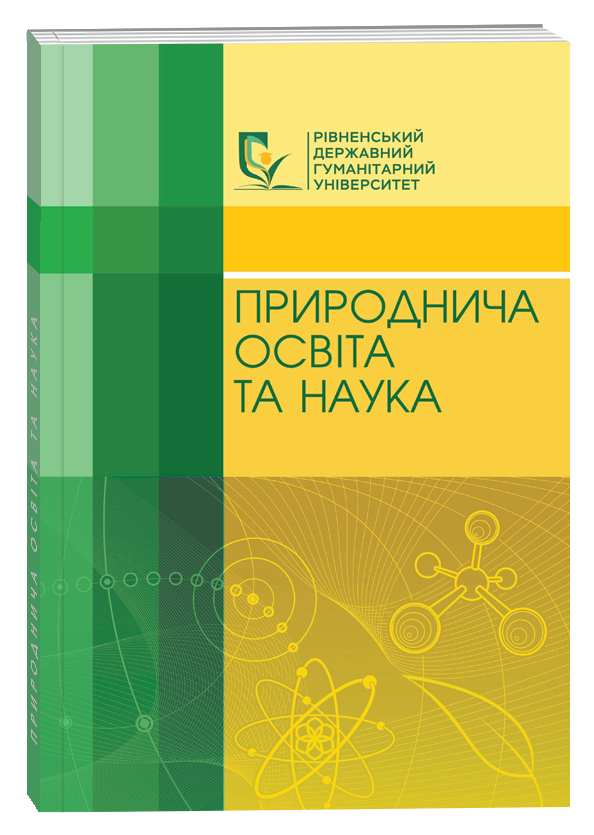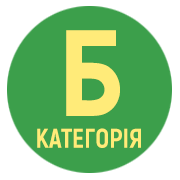METHODS OF FORMING THE ECOLOGICAL CULTURE OF NON-LINGUISTIC UNIVERSITIES STUDENTS IN THE PROCESS OF LEARNING A FOREIGN LANGUAGE
Abstract
The professional and communicative orientation of foreign language training is currently recognized as a priority in the modernization of education and is of great importance for the formation of a competent and professional specialist. The article examines the methods of younger generation environmental education using the example of teaching the discipline "Professionally Oriented Foreign Language" in a non-linguis- tic higher education institution at different stages of study: bachelor's or master's degree students. In the process of conducting foreign language classes, special methods, pedagogical technologies, environmen- tally oriented classes using special texts can be used, which expands the vocabulary on the topic of environ- mental protection, educates the correct interaction with the external environment, and most importantly – forms the general ecological culture of a person. The authors emphasize that practice confirms the opinion expressed by many scientists that the level of environmental education in today's higher education remains low. It is increasingly realized that the ecological training of students of any higher education institutions is one of the most important problems of the theory and practice of higher education. This is due to the lack of alternative programs that would take into account the specifics of future specialties, and even a developed set of methodological manuals that would provide these programs. Environmental education is considered as one of the components of global education, since the process of learning a foreign language contributes to the development of practical skills and abilities in preserving and improving the natural environment.The authors emphasize that the formation of an ecological culture by means of learning a foreign lan- guage is based on the development of motivational, content and procedural components in their unity.Pedagogical methods and technologies, integrative ecological programs used when teaching students a foreign language, increase students' interest, expand vocabulary, encourage active communication, develop a global, systemic view of environmental problems, and form a holistic worldview of the future specialist.
References
2. MacGregor S. English for Specific Purposes in Higher Education: Teaching English to Ecologists. Springer. 2017. 520–531 pp.
3. Swales J. M., Feak C. B. Academic Writing for Graduate Students: Essential Tasks and Skills (3rd ed.). University of Michigan Press. 2012. 420–428 рр.
4. Hyland K. Academic Discourse: English in a Global Context. Continuum. 2009. 16–27 рp.
5. Price G. English for Science and Technology. Routledge. 2011. 24–33 pр.
6. Ives J. Teaching English for Specific Purposes: A Case Study Approach. Cambridge University Press. 2018. 191–200 рр.
7. Richards J. C., Rodgers T. S. Approaches and Methods in Language Teaching (3rd ed.). Cambridge University Press. 2014. 322–329 рр.






